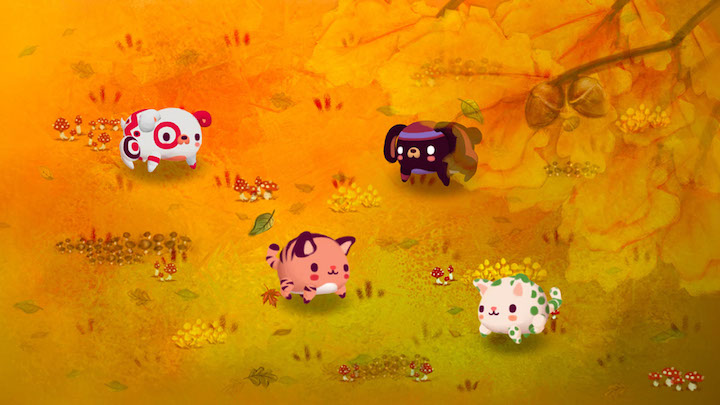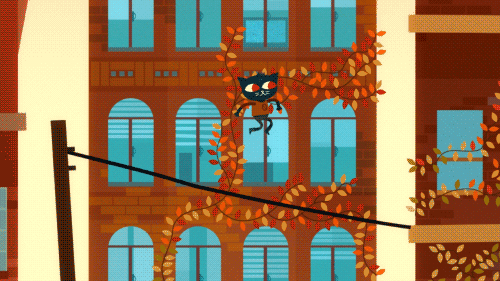In case you’re new to my blog: I’m currently in the process of making my first iOS game. It’s short, casual, and is clearly made by a beginner (is that a polite-enough way to say “amateurish?”). I’m hoping to release it sometime this summer and have been thinking a lot about pricing models for iOS games. What follows are some of my loosely-organized thoughts on that subject.
Customer Expectations
People who like to play short, casual games tend to expect them to be ad-supported, free-to-play, or just plain free. However, the developers that I follow, respect, and want to emulate, tend to express disdain toward those pricing models and prefer to promote games that are paid-up-front. Because of this, I feel torn between a niche group of thoughtful, intelligent iOS gamers whose respect I would love to earn, and the general public who couldn’t care less about the indie games market and just wants free games. And the thing is, I’m just a beginner, which brings me to…
Who am I?
Nobody knows who the heck I am. How could they? I’m not known for anything because I haven’t published anything. I have no fanbase, no credibility, and no experience. If I make my game free with ads and localize it as much as possible, there’s a good chance that it could get quite a few downloads. As someone currently wallowing in obscurity, one of my goals is for as many people to play my game as possible. And if people don’t like it, that’s fine—I can learn from it and move on.
However, if I price it at $0.99, even with the best marketing in the world, there’s a good chance that no one will download it. And if no one downloads it, I’ll never know whether or not they like it. I won’t know how to improve. Most of all—I’ll probably be discouraged from making a second game.
Determining Value
From what I understand, if you undervalue your work, no one is going to take you seriously and if you overvalue your work…well, no one is going to take you seriously then either. Online publications are severely criticized for paying very little (sometimes nothing) to their contributors in exchange for “exposure.” I mostly agree with the criticism; however, I also wonder: is there a point where gaining exposure is worth giving away your work for free? What if that work is your first effort? What’s the best or “proper” way to get noticed? Is there value in just “getting something out there” into the world, even if it’s not the most polished thing ever?
Ads are Icky
Advertisements make me feel gross. However, I’d like to make at least $50 off of this game, so I guess I can’t afford to be principled? Gosh that sounds horrible. I’m trying to keep it as least-scummy as possible: banner-ads only (no interstitials), never during gameplay, with an option to pay to remove ads. Honestly, it still makes my skin crawl. And I’m also concerned that it may push away one of my target markets: young children. Games with ads are bad for young kids because they touch the ads accidentally and get taken out of the game and don’t understand what happened. I guess I would just encourage parents to pay to remove the ads? That feels kind of scummy too. Or maybe it’s just business. ¯_(ツ)_/¯
Changing Models
It seems like it would be difficult to switch my app from being ad-supported to paid-up-front if I changed my mind down the road (after release). Will the people who paid to remove ads be angry that all of those who didn’t now suddenly have an ad-free experience? I guess the only example I have to go by is that of Overcast. I paid for Overcast’s extra features, which are now free for everyone, and I’m not mad about it. I mean, I suppose someone would be unhappy but maybe it wouldn’t be so bad?
Anyway, the article that got me thinking about all of this is “Indie Developers Have Always Needed to Treat Their Businesses Like Businesses” which is a very good, concise read.
tl;dr: I absolutely believe that indie studios should charge good money for their games and apps. I’m less sure of what solo, hobbyist devs like me should do, especially with our first games…the ones that we’ll look back on someday and think “wow, look how far I’ve come!”

